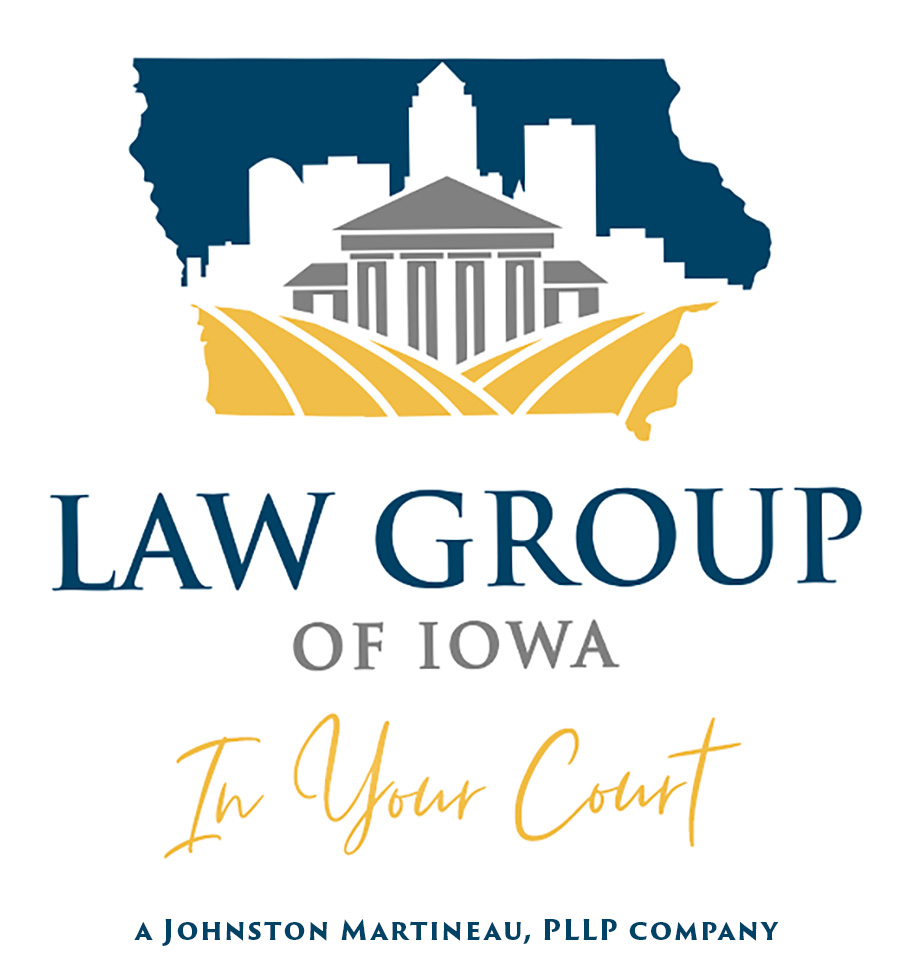Commonly Asked Estate Planning Questions
 When a person is planning for the future, they have a right to have their wishes outlined to their liking, and the best way to achieve this goal is with help from an estate planning lawyer residents rely on. Estate planning is a crucial step for many people, but unfortunately, many people put off this process with the intention that they will get to it eventually. However, waiting too long could be detrimental, especially if something occurs that leaves a person unable to make decisions independently. Considering the estate planning process can bring many questions to the forefront, fortunately, when a person is executing their estate, they can gain answers to questions and legal support with guidance from Theus Law Offices.
When a person is planning for the future, they have a right to have their wishes outlined to their liking, and the best way to achieve this goal is with help from an estate planning lawyer residents rely on. Estate planning is a crucial step for many people, but unfortunately, many people put off this process with the intention that they will get to it eventually. However, waiting too long could be detrimental, especially if something occurs that leaves a person unable to make decisions independently. Considering the estate planning process can bring many questions to the forefront, fortunately, when a person is executing their estate, they can gain answers to questions and legal support with guidance from Theus Law Offices.
What documents make up an estate plan?
An estate plan is a critical group of documents that outline a person’s wishes for when a person is no longer able to make decisions on their own. This can occur should a person become incapcitated due to an illness or accident, or, in the event of their passing. An estate plan incorporates several documents that a lawyer will assist with compiling and drafting, including:
- The letter of intent
- The will
- Living Trusts
- Power of Attorney
- Healthcare Directives
- Beneficiary Designations
- Guardianship Designations
What is the difference between an estate plan and a will?
Many people may refer to estate plans and wills interchangeably, but it’s essential to be aware that they are not the same. As a estate planning lawyer Shreveport, LA residents depend on can share; an estate plan incorporates several vital documents, while a will typically determines how assets will be distributed when a person passes away. An estate plan paints much broader strokes by combining a will and plans for when a person is still living. It’s important to note that an estate plan may get granular by focusing on critical specifics regarding the estate planner’s wishes.
What is probate, and is it possible to avoid the process with an estate plan?
After a person passes away, probate is a court-mandated process that validates the will and begins distributing assets to heirs. Most people dread probate because the process is often public, can be costly, and may leave the estate open to disputes. Typically most want to avoid the process, and developing an estate plan may be a way to reduce the number of assets that must be passed through probate. A lawyer can assist with the process by providing tools like trusts, beneficiary designations, joint ownership of property, and more to circumvent the process.
What could happen if someone becomes incapacitated or passes away without an estate plan?
When a person passes away without a will or estate plan in place, they have died intestate, meaning the probate process will be required to determine how a person’s affairs will be resolved. Typically determining the distribution of assets and property will occur in accordance with the state intestate succession laws. However, much of the time, property and assets will be passed on to a partner or immediate family member. In some cases, issues may arise, especially when family members disagree over these arrangements.
When is the best time to develop an estate plan?
Many people may believe they must have a significant estate to develop an estate plan. However, for many people, they should consider an estate plan once a person reaches adulthood to ensure their lasting wishes are carried out. It’s essential to be aware that in addition to developing an estate plan, it should also be updated at least every 3-5 years to incorporate any changes.
Estate planning offers several advantages for the person executing the estate plan and their families. There are several reasons a person may put off this process or fail to update their plan accordingly. Unfortunately, several problems could arise when this occurs, which may impact the estate, cause discord amongst the family, and impact a person’s ability to have their wishes carried out in the future. It’s essential to start the estate planning process as soon as possible to avoid issues later on. To initiate your estate plan, contact our team at Theus Law Offices; we are standing by to help you.




